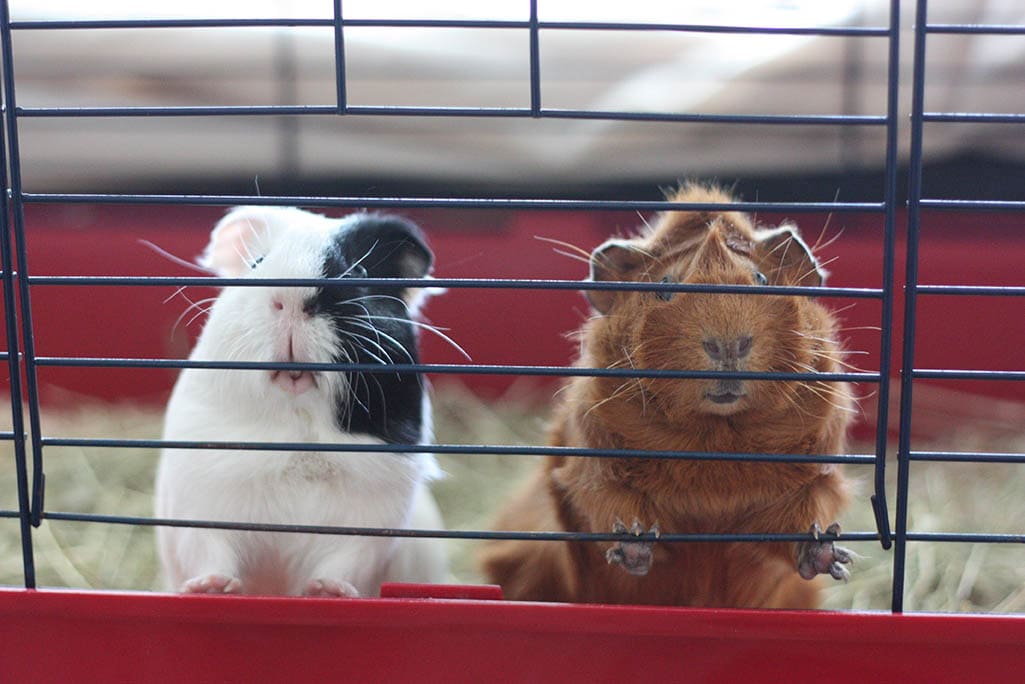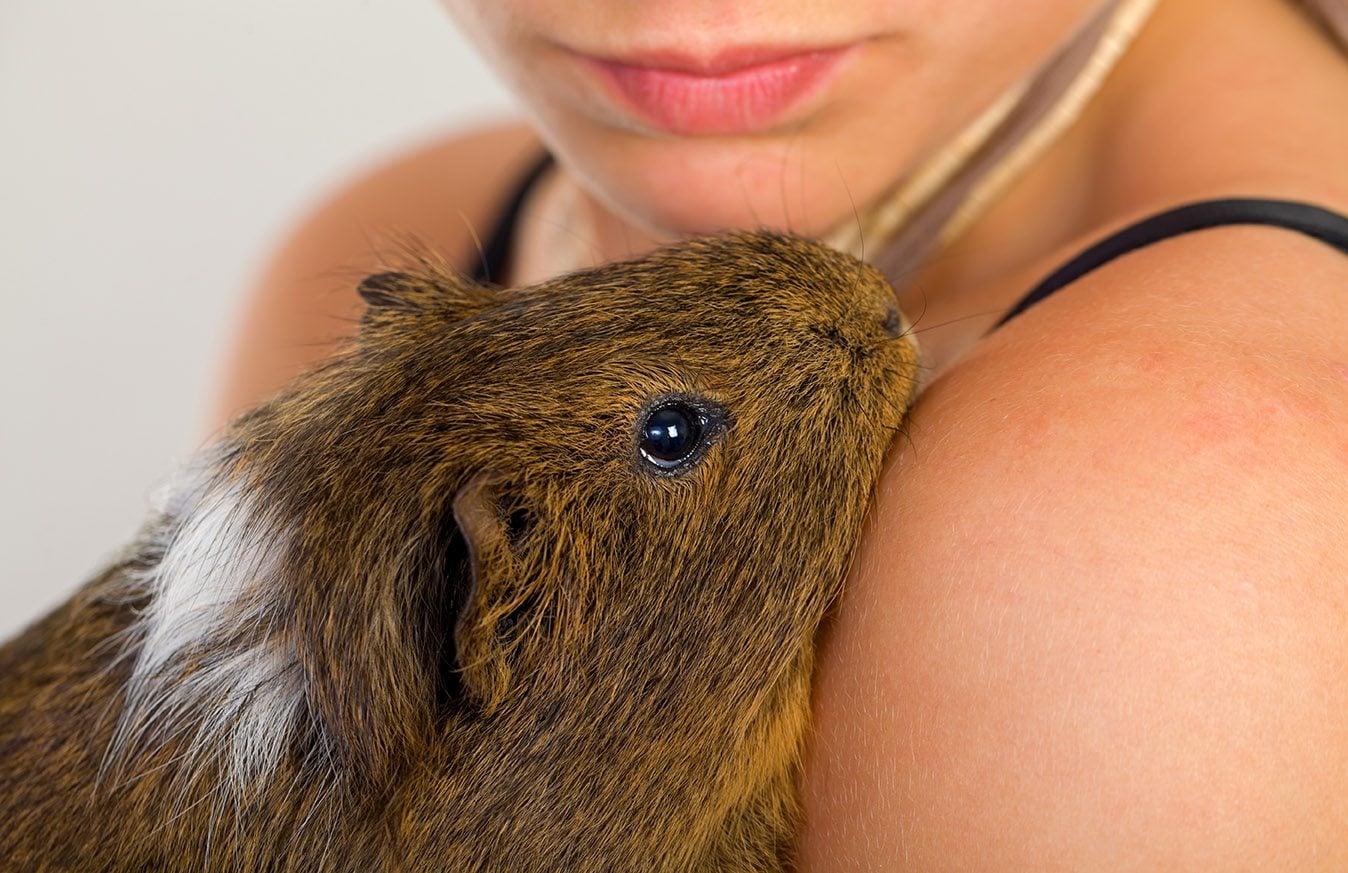
Guinea pigs are cute little critters that make a cacophony of interesting noises, often winning people over through little more than being cute and squeaky. There is more to guinea pigs than that, though! Guinea pigs are smart animals that can learn to solve basic puzzles and love playing with species-appropriate toys.
For many people, having a pet that recognizes and bonds with you is very important. Some people may avoid getting a guinea pig, believing that their new pet won’t learn to recognize and love them. Is this true, though?
Can Your Guinea Pig Recognize You?
Yes! Guinea pigs are intelligent and perceptive animals that are able to learn to recognize people. They are likely to bond most closely with the person who spends the most time with them, feeds them, and keeps their cage clean, but they can learn to recognize just about everyone that regularly interacts with them or their environment. This means that your guinea pig can learn to recognize essentially everyone in your household, and they may even be able to recognize your other pets and frequent visitors.
Guinea pigs may not be as intelligent as dogs and cats, but they are very social animals. On top of being highly social, they are prey animals, so it’s important for them to be able to recognize people and animals within their environment.
They may learn to recognize you via grooming, but this is more commonly performed between guinea pigs. It’s likely that your guinea pig will learn to identify you via the sound of your voice. It is believed that they likely don’t learn to recognize people solely based on their appearance, though.
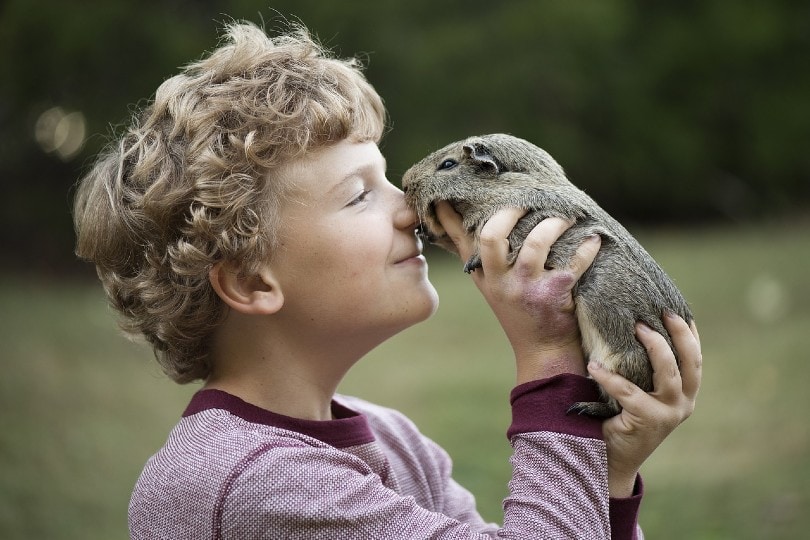
How Can You Tell If Your Guinea Pig Recognizes You?
1. Responding to Verbal Cues
The most likely way for your guinea pig to recognize you is by the sound of your voice and other sounds you might make. This can mean that your guinea pig may squeak happily when you speak to them. They may even squeak back at you if you squeak at them.
Your guinea pig is not likely to share happy squeaking sounds with people they don’t recognize or aren’t comfortable with, so you can expect this behavior to only be towards people they are bonded with.
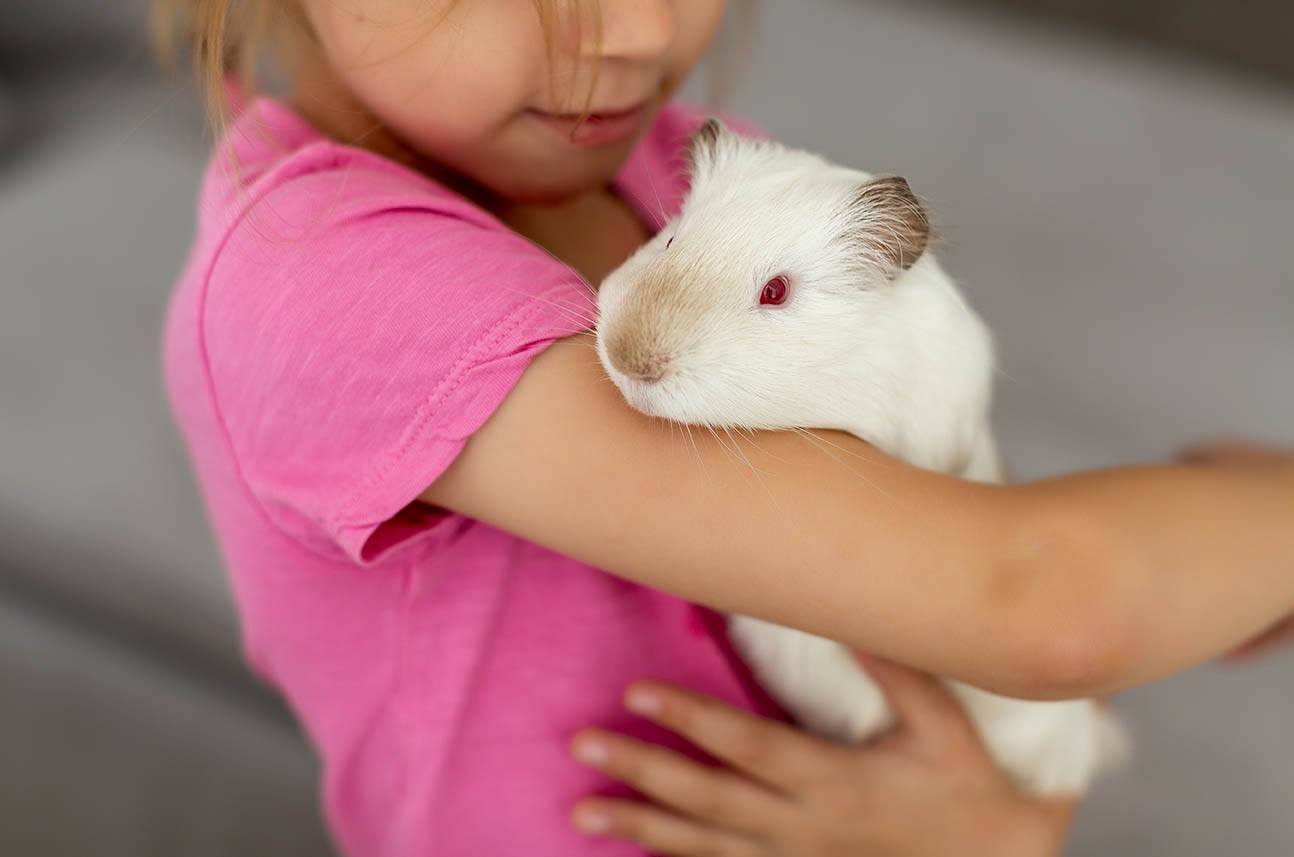
2. Responding to You Approaching
Because of their strong sense of hearing, your guinea pig may learn to recognize you by the sound of your approach. This can mean the specific sound of your shoes, or the sound that one step makes when you step on it, or the sound of your gait. You may be able to hear your guinea pig squeaking gleefully when they hear that you’re coming close.
3. Approaching You
If your guinea pig recognizes you, then they will approach you. They may approach you at the front of their enclosure, or they may even come when called during supervised time out of their enclosure. Since they will learn to associate you with food and treats, your guinea pig will likely approach you in hopes that you’ll give them a tasty treat, but they may also be content with a scratch on the head.
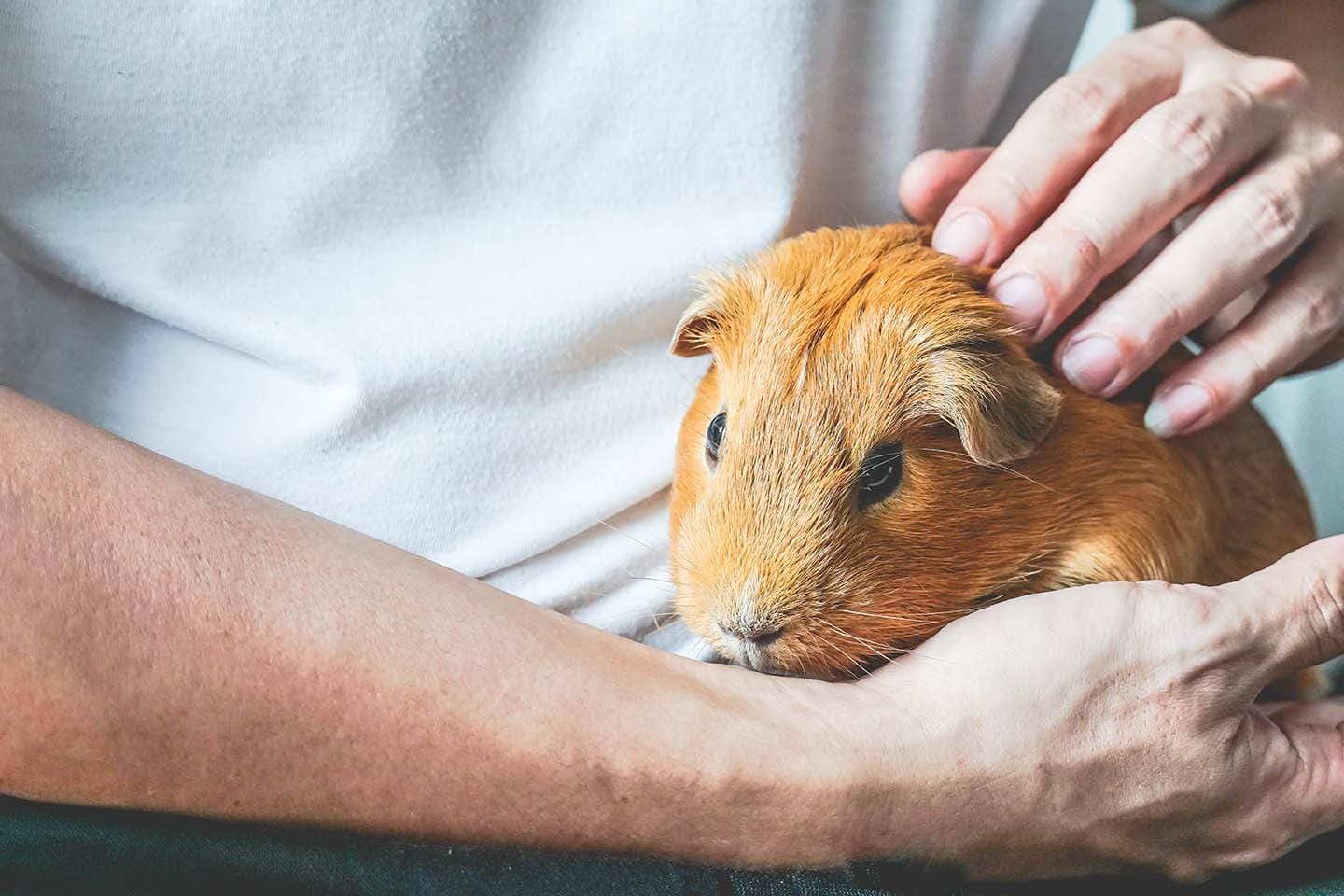
Conclusion
Guinea pigs can recognize their owners and other people they know and trust. If your guinea pig becomes acquainted with someone they don’t trust, they may become quiet or hide when that person is nearby.
Guinea pigs have a good sense of hearing, so they will potentially even be able to hear you coming from down the hall. Don’t be surprised if your guinea pig hears your approach and starts shouting their happiest squeaks your way.
Featured Image Credit: Ocskay Mark, Shutterstock


